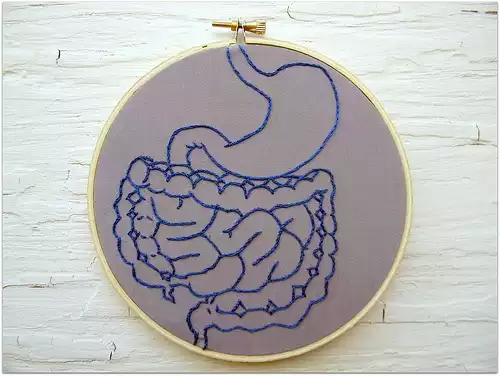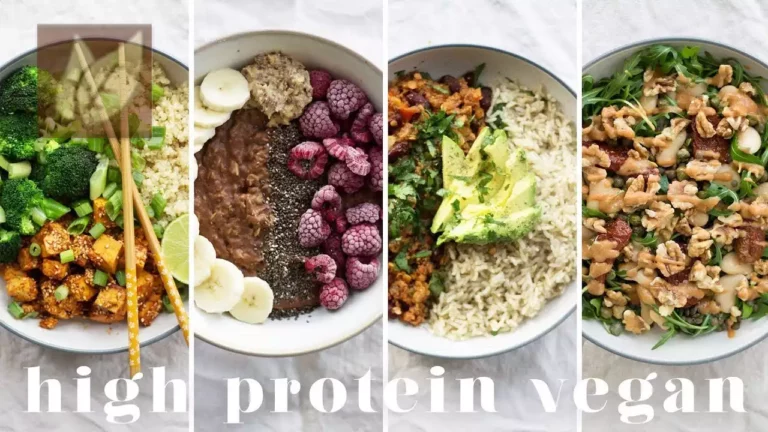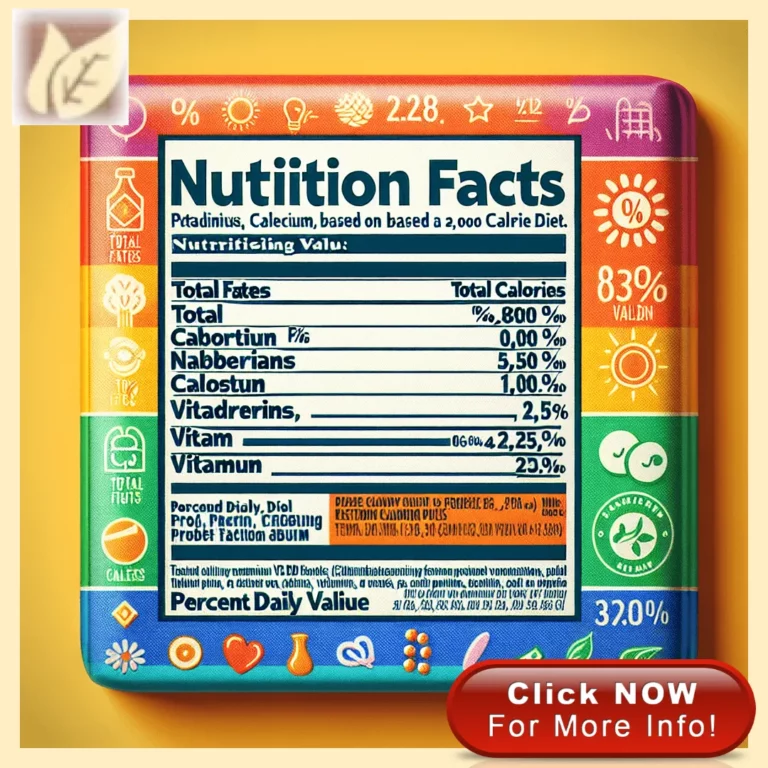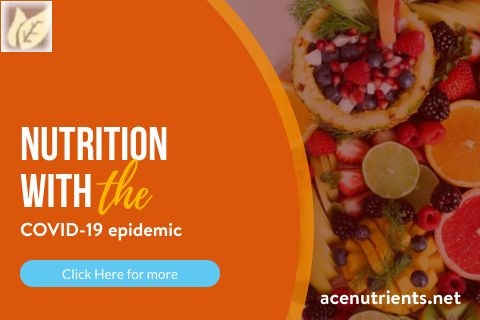4 Exciting Nutrient Secrets
This article reveals the 4 Exciting Nutrient Secrets to ensure good health.
Metabolic health may improve significantly with reduced belly fat.
It is recommended that we engage in at least 150 minutes of moderate intensity activity every week as part of the Physical Activity Guidelines for Americans.
This can be done by walking, running or participating in other activities such as swimming and biking.
The American Heart Association recommends a minimum of 30-60 minutes 5 times per week to reduce cardiovascular risk factors like high blood pressure, cholesterol levels, diabetes, obesity, heart disease and stroke.
The first step on losing weight fast is knowing what you need to do. You have got to make sure that your diet consists of foods which are low in calories but rich in nutrients.
The harmful use of drugs, smoking, and drinking alcohol can all seriously harm one’s health. If you want to lose weight quickly then it would be best if you avoid these things altogether. It will also help if you eat healthy food regularly. This way, you won’t feel hungry between meals.
If you’re looking to shed some pounds, there are many ways to go about doing this. One method involves eating less than half of your daily caloric intake from carbohydrates. Another option is to consume more protein while cutting back on carbs. Yet another approach entails increasing physical activity.
Vitamins Minerals
When you buy a vitamin or mineral supplement, you want it to be effective and safe. The best vitamins and minerals are natural, and herbal supplements are good, too. When considering a dietary supplement, be certain it is manufactured in a facility that meets GMP (good manufacturing practices) standards.
A healthy body requires a balanced supply of vitamins and minerals. Good nutrition should include plenty of fruits, vegetables, whole grains, lean meats, fish, poultry, eggs, beans, nuts, seeds, and dairy products.
There are several different types of vitamins and minerals that people take to promote overall health. These include:
B Vitamins – Biotin, Folic acid, Niacin, Pantothenic acid, Pyridoxine, Riboflavin, Thiamin, Vitamin B6, Vitamin B12, Vitamin C, Vitamin D, Vitamin E, Zinc
Calcium – Calcium carbonate, Calcium citrate, Calcium glubionate, Calcium lactate, Calcium phosphate, Calcium sulfate, Calcium taurinate, Calcium trisodium, Magnesium oxide, Potassium chloride, Sodium borate, Tricalcium phosphate, Triphosphate, Vanadyl sulfate
Protein
Protein is found in all the foods you eat and is a building block for the muscles, tissues, and bones in your body. To build muscle you need protein and to maintain your muscle you need to consume enough protein.
Protein is found in meat, fish, eggs, dairy, beans, nuts, and soy products, to name a few. Protein also aids your body in losing fat and gaining muscle. Many healthy proteins exist that are low in saturated fat and cholesterol.
Protein is made up of amino acids, which are the building blocks of the body. It helps to build, maintain and repair the body’s tissues.
The body uses protein to build and repair cells, tissue, and muscle. It is also used to form hormones, enzymes, and antibodies.
Protein is one of the three major nutrients needed by a human being, the others being fats and carbohydrates. Proteins are made up of amino acids, which are the “building blocks” of all the cells of our body.
When we exercise, we break these down and the body makes new ones. Protein is essential for growth and maintenance of all cells in your body.
It is important for wound healing, and for repair of tissues, including muscle, tendons, and ligaments. Protein is also important for growth, although it is not absolutely essential, as you can prove by looking around.
Protein is also used to produce enzymes and hormones, transport molecules, and assist in carrying oxygen in the blood. In fact, protein is the most abundant molecule in the body.
It helps maintain body weight, creates muscle mass, and helps to keep the nervous system running smoothly.
Fiber
Fiber is an essential part of any healthy diet. Fiber is needed for proper digestion, elimination, and absorption of nutrients. There are two kinds of fiber: soluble and insoluble.
Soluble fibers dissolve in water and form gel-like substances when mixed with liquids. Insoluble fibers remain undissolved and pass through the digestive system without being absorbed by the body.
Both types of fiber are important for maintaining normal bowel function.
Fiber is a part of what’s called “roughage.” And that’s a term used to describe the part of fruits, vegetables and whole grains that your body can’t digest. So fiber doesn’t provide energy or calories, but it’s essential to your digestive health.
It helps to maintain normal bowel function, and it may even prevent certain types of cancer. The fact is that fiber is important for maintaining normal bowel function. It prevents constipation, hemorrhoids, and irritable bowel syndrome. Fiber also helps prevent cancer of the colon and rectum. The recommended daily intake of fiber is 25 grams per day.
Fatty Acids
Essential fatty acids (EFAs), also known as omega fatty acids are fatty acids that humans and other animals must ingest because the body cannot synthesize them.
EFAs are a type of polyunsaturated fatty acid (PUFA). In general, omega-3 fatty acids have a “normal” or “healthier” connotation than omega-6 fatty acids.
Omega-3 and omega-6 are subgroups of polyunsaturated fats. The two primary omega-3 fatty acids are alpha-linolenic acid (an omega-3 fatty acid) and eicosapentaenoic acid (EPA) (another omega-3 fatty acid). The two primary
Daily Nutritional Requirements as part of the 4 Exciting Nutrient Secrets
Although there is no set amount that everyone needs daily, aim to drink enough water so that you are adequately hydrated. It is healthy and nutritious to consume meat. However, charred or burnt meat causes problems because it is very high in protein.
If you plan to char or burn something, try not to do so. You may form harmful compounds if you do.
When you are exposed to bright lights which contain blue light wavelengths in the evening, it may disrupt your production of the sleep hormone melatonin. Limit your consumption of red and processed meats like lunch meats and bacon as these can contribute to overall cancer risk and colon cancer risk.
To help reduce your exposure to blue light, wear blue light blocking glasses especially if you are using a computer or other digital screen for a long period of time, and avoid any digital screens for 30 minutes to an hour before you go to bed.
As evening progresses, this can help your body produce more melatonin naturally, which will help you sleep better.
Some people avoid nuts
People with a tree nut allergy should avoid eating walnuts, almonds, pecans and pistachios. The seeds of these nuts, although different, all look similar and can cause severe reactions if ingested.
The fat content of these foods makes them unhealthy. Nuts and seeds, on the other hand, are incredibly nutritious. You can lose weight and lower your risk of developing type 2 diabetes and heart disease by consuming nuts, which are packed with protein, fiber, and a variety of vitamins and minerals.
In addition, one large study found that consuming fewer nuts and seeds was associated with an increased risk of heart disease, stroke, or type 2 diabetes.
Foods that contain ingredients that have been significantly altered from their original formulation are considered ultra-processed foods. Many of them also contain artificial sweeteners, coloring, flavors, preservatives, sugar, refined oil, and salt as well as added sugar, oil, and salt. These types of food should be consumed sparingly.
Ultra-Processed Foods
Ultra-processed foods are not just unhealthy, but they are also addictive. They include white bread, white rice, instant noodles, commercial baked goods, packaged snacks, and soft drinks. These foods typically contain high amounts of sugar and salt, which are used as preservatives and to make them more palatable.
These foods are often made up of many ingredients such as hydrogenated oils, trans fats, partially hydrogenated vegetable oils, emulsifiers, stabilizers, flavor enhancers, coloring, synthetic substances, and additives. They tend to be highly calorific and nutrient poor.
They are usually packaged into convenient single serving sizes and sold in supermarkets and convenience stores.
Ultra-processed foods are associated with obesity, heart disease, type 2 diabetes, and other chronic diseases.
Furthermore, they are typically low in fiber, protein, and micronutrients, as well as inflammatory fats, sugar, and refined grains. So, mainly empty calories are provided. They often come packaged in colorful packaging, making them appealing to children. They’re usually made up of cheap ingredients such as hydrogenated oils, sugars, and additives.
These types of food tend to be highly palatable due to their sweetness, flavorings, coloring, and texture. This means that we eat too much of them without realizing how many calories we’ve consumed.
In conclusion, there are many fantastic nutrients that your body needs for healthy, beautiful skin. But the most important nutrient is water.
The skin is the largest organ in the body, and it needs adequate amounts of water (about 2 liters per day) to produce collagen and elastin. Collagen and elastin give the skin strength and elasticity.







.webp)